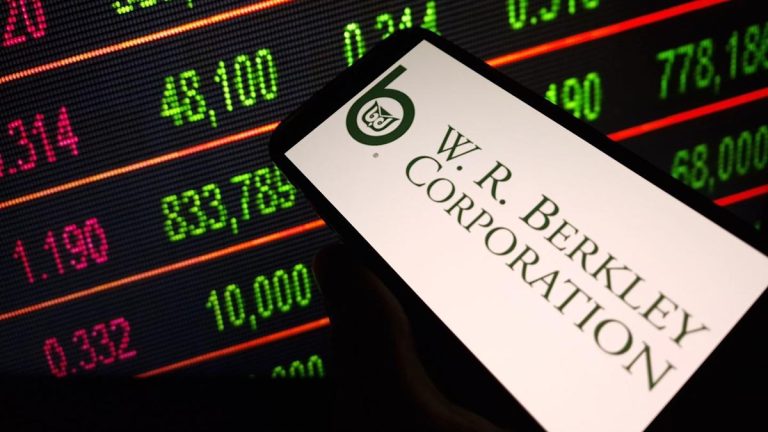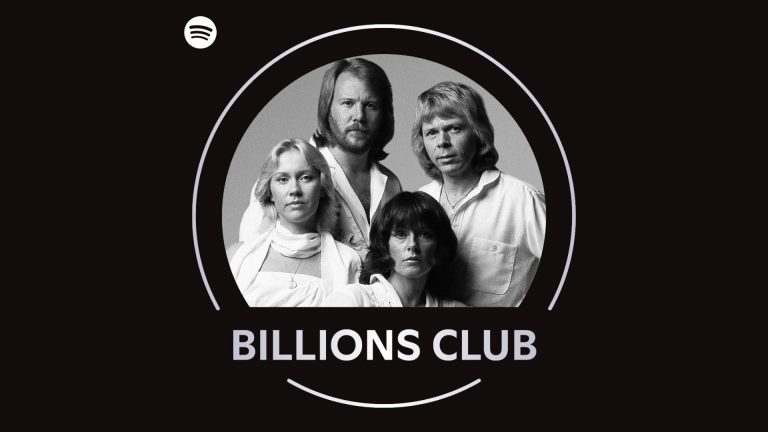MBW Views is a series of op-eds from eminent music industry people… with something to say.
That’s certainly the case with this latest edition, with one important difference: the person who has penned the below commentary has requested anonymity.
We can tell you, however, that this individual is a reputable figure in the world of independent music distribution and services, running a company with global influence.
They’ve cloaked their identity due to obvious business sensitivities, to speak openly and honestly on a matter that worries every legitimate music rightsholder: streaming fraud.
In an email accompanying the below op/ed, our anonymous executive said: “I detest fraudsters… [and] we should do everything in our power to clamp down on them.”
He continued: “The twist is that those very DSPs who have forced us into the role of policing streaming are not giving us – and companies like ours – the most basic tools to fight that fight.”
Read on for his full views on the matter…
The Invisible Epidemic of Artificial Streaming
Streaming fraud remains one of the most persistent and destructive challenges in the digital music ecosystem.
From bot-driven artificial streams to the unauthorized distribution of unlicensed content, the result is distortion of royalty distribution, chart inflation, and the diversion of revenue from legitimate creators. While the music industry has advanced Know Your Customer (KYC) processes and fraud detection tools, the platforms who could do the most to solve the problem remain largely passive.
“The current system is not working. Artists and label distributors are being hurt by the fraud, while the fraudsters are not being punished.”
Fraudulent streaming is not just a nuisance; it’s a systemic problem that undermines the legitimacy of stakeholders across the ecosystem. Yet the parties most often penalized aren’t the bad actors themselves — but rather the distributors and labels who rely on good faith relationships with these platforms.
The current system is not working. Artists and label distributors are being hurt by the fraud, while the fraudsters are not being punished.
Streaming platforms, meanwhile, have the power to significantly change this reality. Why aren’t they helping?
An Uneven Playing Field
Streaming platforms have full visibility into behavioral data — IP addresses, device types, listening patterns, app sources, geographic and OS consistency — but they choose not to share it.
They can detect:
- A single user looping a track 200 times from a high-risk region
- 90% of a song’s plays originating from one app source in two days
- Whether streams are organic or synthetic
This makes platforms the only entities with a panoramic view of the entire ecosystem. They can trace anomalies to specific devices, accounts, or locations — but they don’t act consistently on this insight.
Instead, they push the burden of responsibility downstream. Distributors and labels must cobble together manual KYC checks, ISRC scans, and metadata vetting — without access to the behavioral data which actually reveals fraud.
And when fraud is flagged, it’s these partners who face takedowns, withheld royalties, or account suspensions.
Despite lacking critical data and working in the dark, many distributors work hard to prevent fraud:
- Authenticating documentation;
- Verifying social and streaming presence;
- Vetting ISRCs and content rights;
- Analysing royalty data for anomalies.
They often exceed platform standards — rejecting unauthorized remixes, spotting metadata red flags, and reviewing geographic inconsistencies.
But without visibility into anonymized user behavior, they can’t detect patterns or repeat offenders.
So why are the entities with the least insight the ones held most accountable?
A Broken Model
Here’s the core injustice: platforms hold the keys to fraud prevention but expect labels, distributors, and rights managers to police an ecosystem they can’t fully see. The data needed to identify and block bad actors sits in platform silos, locked away behind proprietary APIs and opaque review processes.
Distributors are expected to run sophisticated KYC/AML processes, audit metadata, verify rights, artist authenticity, cross-reference catalog ownership, track ISRC reuse, and analyze earnings for anomalies. Some even reject content based on metadata that suggests sped-up/slowed-down versions, mashups, or suspicious derivative works.
But when the most critical indicators — real-time streaming behavior, user demographics, device concentration — are withheld or delayed, these efforts are only half-effective.
When fraud is detected, the takedowns hit the distributors – the very companies that exist in service of labels and artists. The account suspensions land on their heads. Royalties are withheld. Reputations are damaged. Trust is eroded.
All while the platforms (and sometimes the fraud) quietly continue business as usual, often refusing to even explain the reason behind enforcement actions.
This system punishes compliance and undermines trust instead of incentivizing collaboration.
What Needs to Change: A New Shared Responsibility Framework
Platforms must match the efforts they demand of labels and distributors and become active partners in the fight against activity which damages the credibility of the entire music ecosystem… which includes DSPs.
Just a few things they could do:
- Offer real-time dashboards: Provide real-time artificial streaming data.
- Share fraud signals (e.g., device uniformity, OS concentration)
- Give transparent feedback: Provide data when taking down tracks or withholding royalties.
- Share intelligence: Enable cross-platform fraud flagging. Create shared fraud libraries for flagged ISRCs and metadata patterns
- Enforce fairly: Align accountability with data access. Shift from reactive strikes to proactive alerts
The Bottom Line: Platforms Must Stop Being Passive Observers and Join Music’s Collective Fight Against Fraud
Music is fighting an uphill battle against streaming fraud — but that fight could be so much more effective if every part of the legitimate supply chain played their part.
DSPs need to recognise that it is fraudsters, not legitimate labels and distributors who are the enemy.
It’s not enough to wash your hands and pretend it’s somebody’s else problem. Platforms have a duty not only to their users, but to the entire music value chain. That starts with transparency, timely data, and shared accountability. Without it, the wrong people will continue to pay the price.
Fraud isn’t just a distributor issue. It’s also a platform problem — and platforms need to start acting like it.Music Business Worldwide







